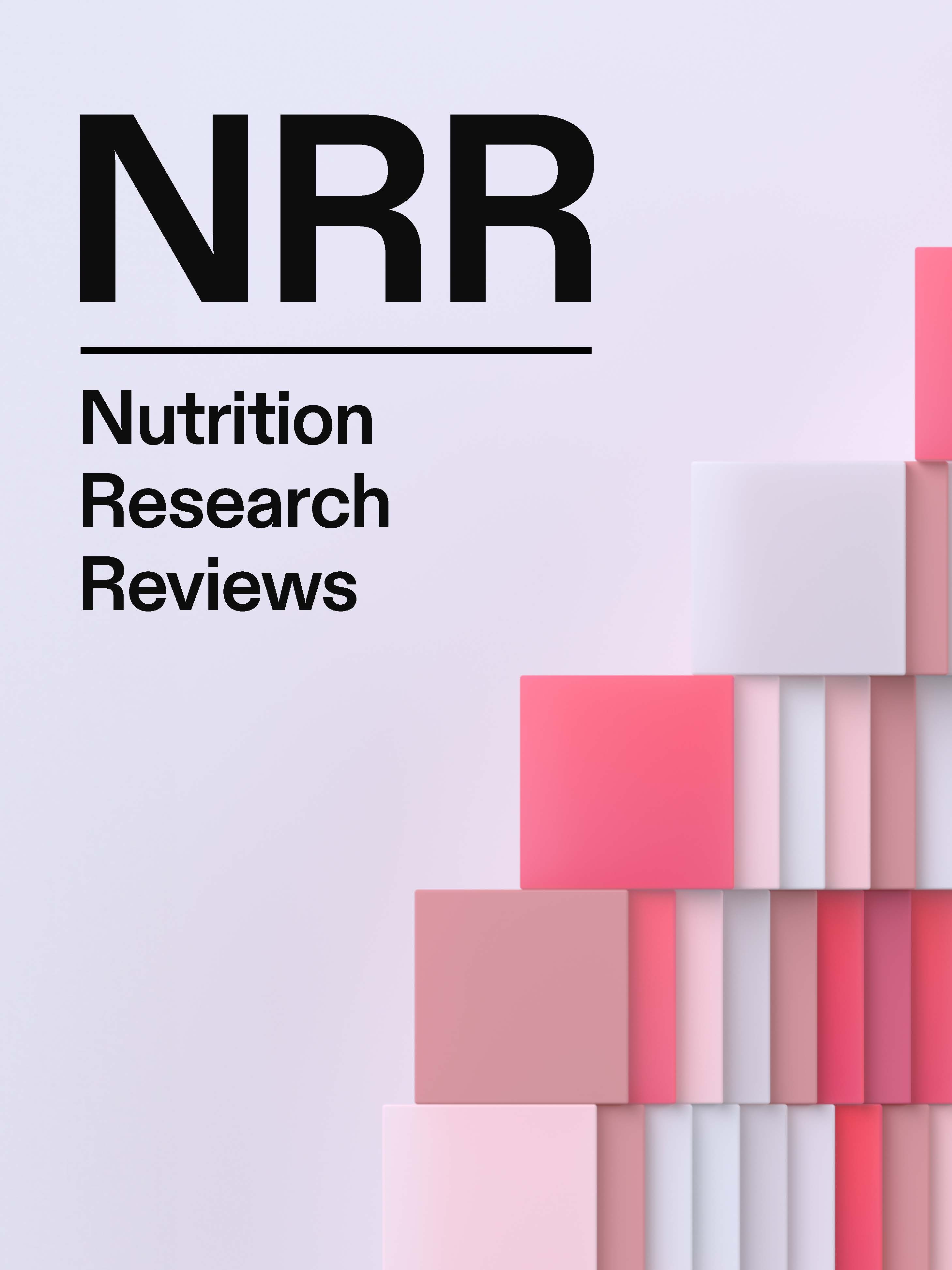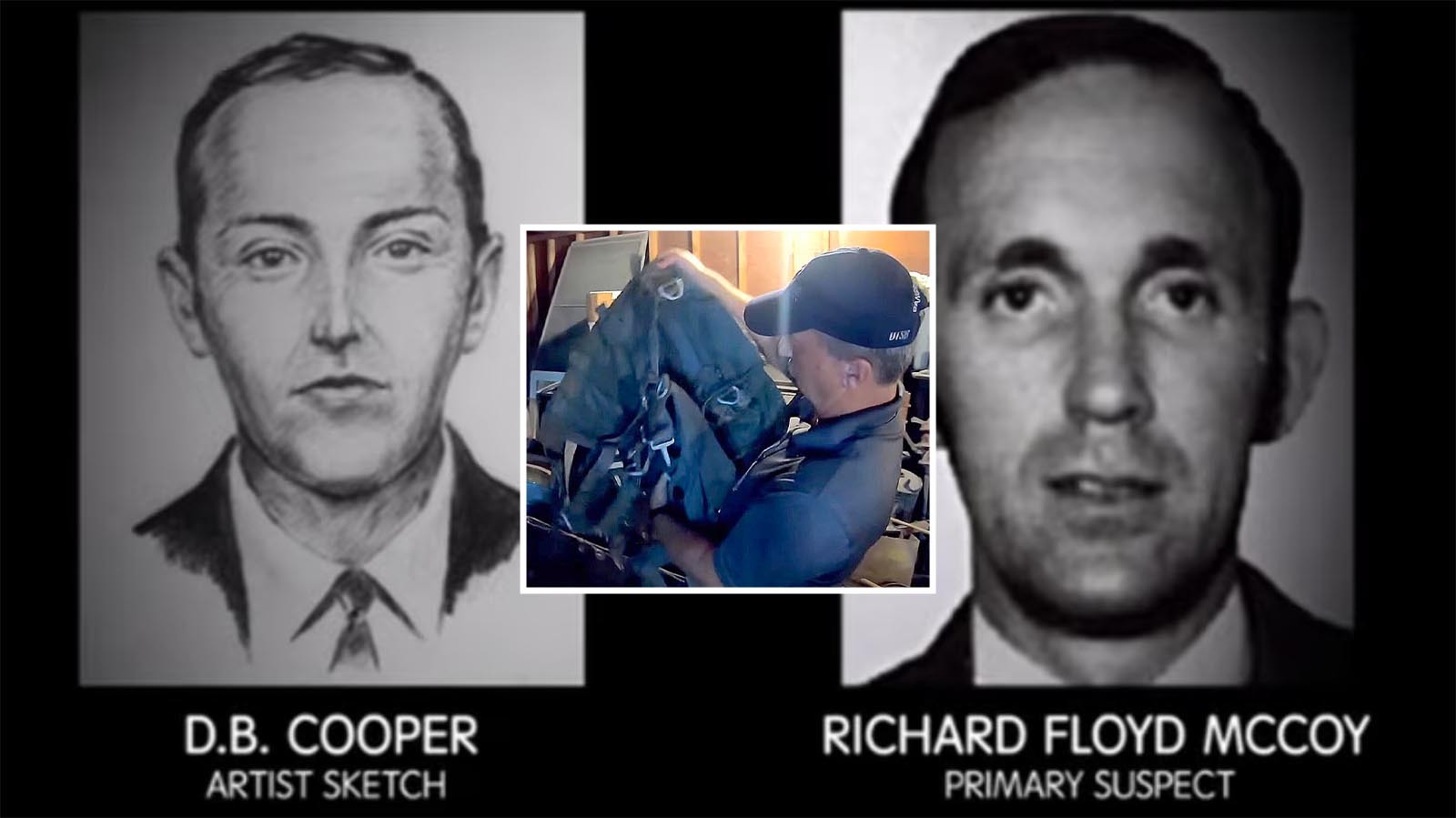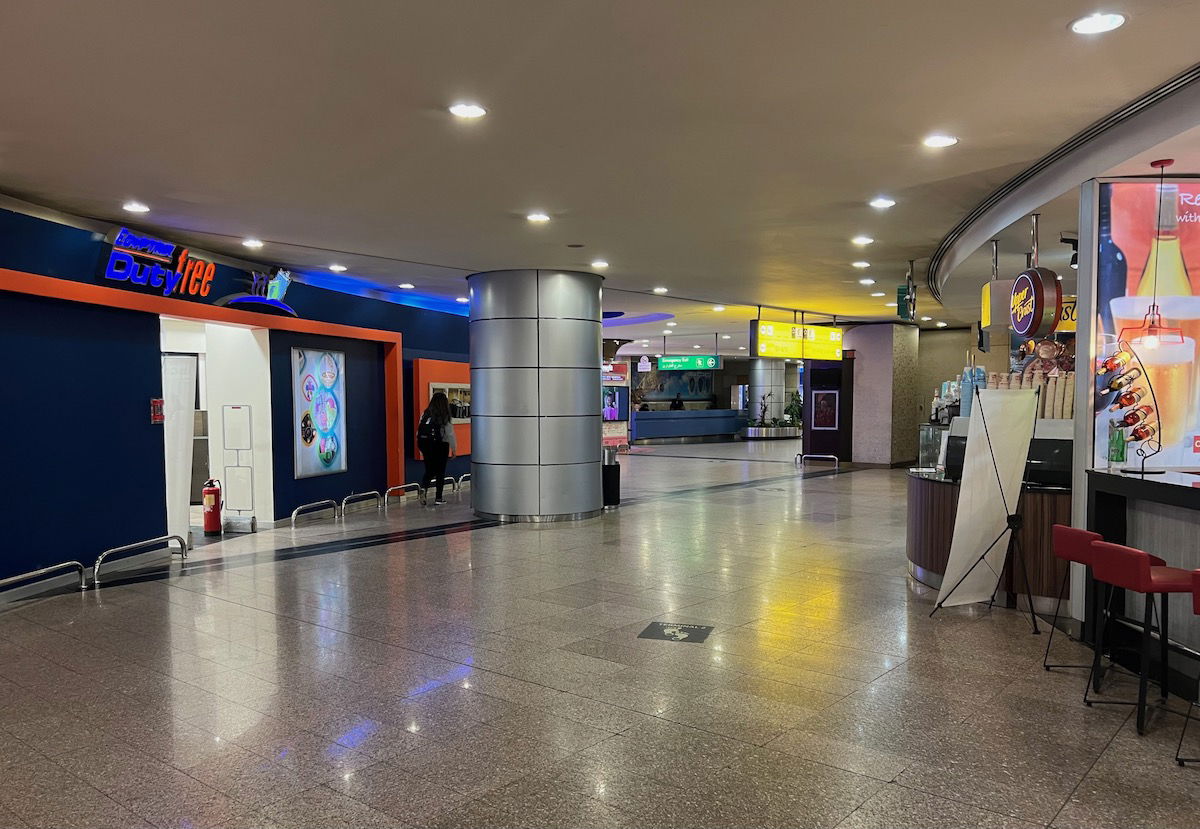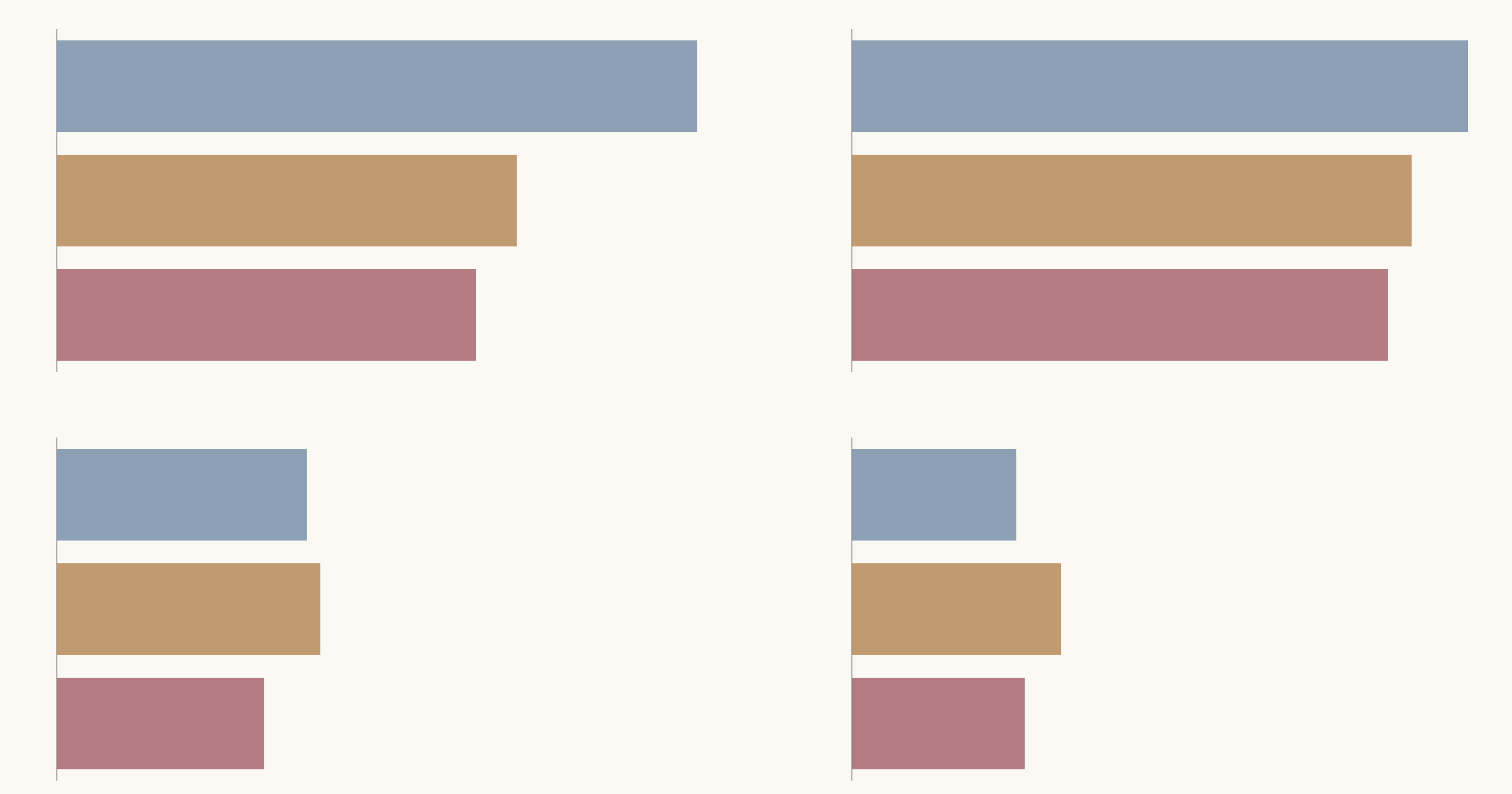
A working library is a blog about work, reading & technology by Mandy Brown
Writing in Practicing New Worlds, Andrea Ritchie documents a pattern of crisis response that, far from interrupting the crisis, merely serves to continue it. I will quote at length here:
Yet, as conditions worsen and urgency increases, as millions are increasingly mired in economic and climate crises while billionaires bank on our suffering, as the Right rises around the globe and comes for our throats with a clear intention to obliterate communities I am a part of and care deeply about, the destruction of so much of the planet we call home looms large, and as police, state, and white-supremacist violence and repression intensify and multiply, it feels harder and harder to try on different strategies to resist and persist. It feels riskier to experiment; to reach for different ways of thinking, being, and relating; to imagine and create conditions for something new to emerge. The more pressure we are under, the more urgency, uncertainty, and fear we face, the stronger our instincts are to cling to the familiar. Under pressure, we are more likely to double down on strategies that have largely failed in the past, and turn to the institutions and structures that manufacture, produce, and sustain the current order in the hopes of changing them—or of at least staving off the worse of what’s to come. We fight harder but continue to fight in the ways we know.
This is precisely the time when we most need to critically examine the ways we are seeking to make change, and to explore where and how we need to shift our approach.




















